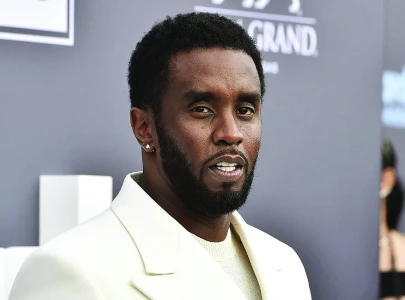
For the moment, President Recep Tayyip Erdogan remains in power. In a deeply polarised country he remains popular, and it was significant that when called out on to the streets to protest the coup it was not only Erdogan loyalists that heeded the call, it was Turks of many political persuasions none of whom wanted to see military rule yet again. The last coup was in 1980, and more than a generation has not experienced a military takeover. Although democracy is still a work in progress in Turkey, the people prefer it to other options, flawed and polarising as it is, and paradoxically President Erdogan may find his hand in terms of a popular mandate strengthened rather than weakened once the dust has settled.
The president may be in power, but whether he has a complete control over the armed forces is clearly not so. The attempted coup appears to have its origins in the middle ranking officers rather than the high command, and there are reportedly over 100 arrests of ‘plotters’ whom President Erdogan has promised to punish severely. The army, supposedly the ‘guardian of democracy’ in Turkey, now looks as split as is the rest of the country. Whether a weeding-out of rebellious elements in the military is going to be enough to stop the rot is also open to question.
Further obscurity surrounds the role in the attempted coup of US-based cleric Fethullah Gulen. Little is heard of him outside of Turkish political circles but he is believed to have the support of around 10 percent of the population and — perhaps — the slice of the military that failed to overthrow the elected government. The Gulenists occupy what may be described as the middle ground between the secularists and the Islamists, but whether they have the heft and traction to pull off an attempted coup as is being suggested by President Erdogan is at best doubtful.
In the last year President Erdogan has become increasingly authoritarian, repressive even, with tight media controls and journalists arrested and jailed for questioning his authority and mandate, likewise dissenting members of the armed forces. The government is fighting a war against the Kurds in the south-east of the country, the Islamic State (IS) have unleashed a murderous sequence of bombings and the country is home to 2.5 million refugees from the war in Syria and Iraq. Not a recipe for quietude and harmony.
Adding a military coup to the mix is going to further destabilise the country, to the inevitable alarm of its allies. Turkey is an important Nato member, with the second-largest Nato force after the USA. The Incirlik base is a key component in the air war being fought against the IS in Syria and Iraq. The IS itself will be keen to exploit the fault lines exposed by the attempted coup, and will provide a distraction from the support being given to the coalition in Syria. The US, the UK and EU countries have all been quick to express support for the democratically-elected government and — for now — it stands if a little shakily. Both literally and metaphorically the world holds its breath as Turkey is convulsed, and we hope for an early restoration of peace, however fragile.
Published in The Express Tribune, July 17th, 2016.
Like Opinion & Editorial on Facebook, follow @ETOpEd on Twitter to receive all updates on all our daily pieces.












COMMENTS (5)
Comments are moderated and generally will be posted if they are on-topic and not abusive.
For more information, please see our Comments FAQ